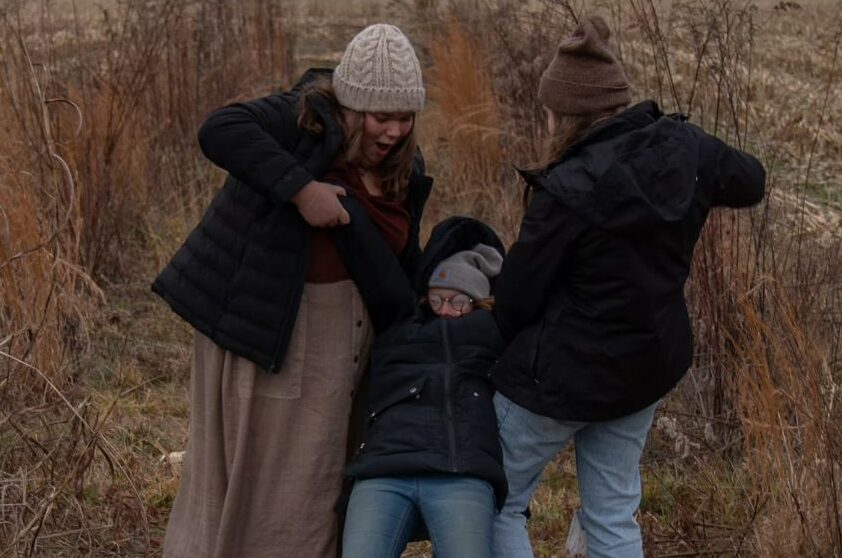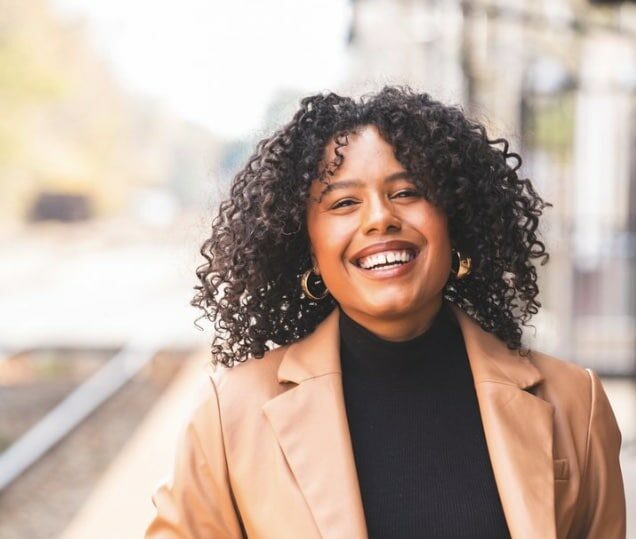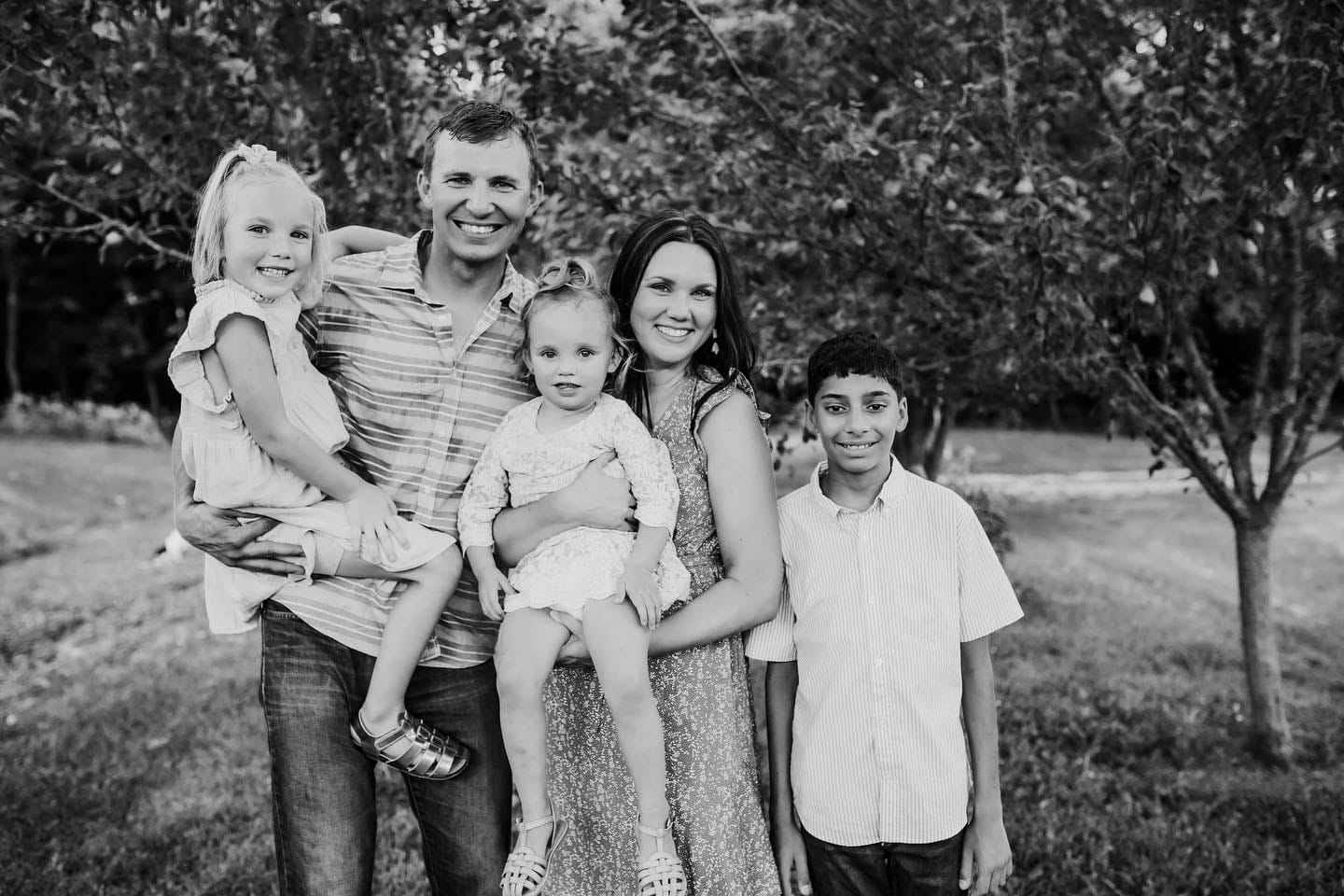How often have you thought that ‘orphan care’ meant ‘adoption‘… or that adoption was the answer to the orphan crisis??? Don’t feel shame, we used to believe this, too. Read below about how one organization in the Republic of the Congo is approaching orphan care in a Holistic and ethical way!

Beauty. Resilience. Strength. Vibrancy. These words are some of the best descriptors of the Congolese people. Yet these words also ring true: Poverty. Marginalization. Generations of orphans.
The vulnerable children, women and families in Congo are among some of the most marginalized in their communities. The title of “orphan,” “disabled” or “widow” is a debilitating sentence that cycles through generation after generation. But Mwana Villages is changing that reality.
Mwana Villages seeks to provide transformative hope and future to children AND THEIR FAMILIES in Congo and beyond. It’s those important three words, “and their families” that makes Mwana such a distinctive organization. In the world of orphan care, the children are most often the focus and extent of the organization’s work. Yet caring for the orphaned child often neglects the very reasons a child is orphaned in the first place. So we must address the vulnerable family unit, the mamas, and seek to preserve and reunify the family whenever possible.
This is why Mwana was started: a Congolese man and his Canadian wife had a vision to provide hope to the hopeless; to transform what was broken into a beautiful future. Setting out by working with one family at a time, they soon became aware of the need to provide a refuge for children where they could receive loving, safe care until they could be reunified with their families. In some cases where reunification was not a possibility, they would become part of a new forever family through adoption.
Today, Mwana Villages serves the Littles (children aged 5 and younger), the Bigs (5 years through teenage years) and the Mamas (vulnerable women/mothers), having ministered to nearly 60 babies and young children in the Mwana Home, and to over 50 mamas and bigs throughout the community. Each story has its own beauty and strain, triumphs and struggles. And that’s what makes us a family. Join us the next two weeks as you learn a little more about what it’s like to be part of the Mwana Family…



